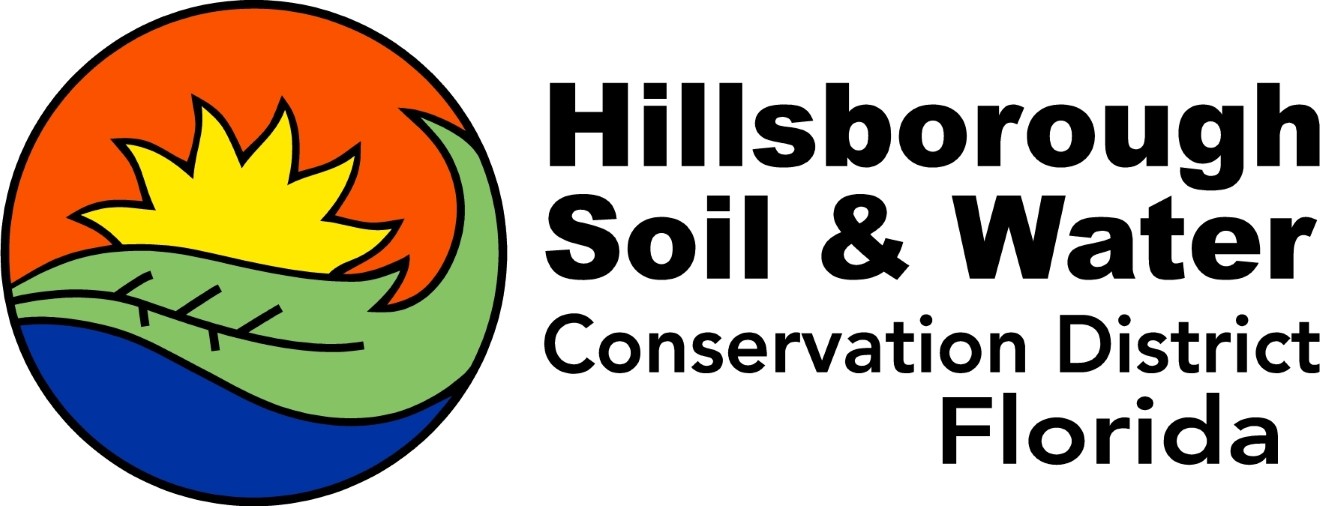Disaster Recovery

From floods to drought, fire or hurricanes, NRCS provides disaster recovery assistance to farmers, ranchers, landowners and communities through a variety of USDA programs.
Assistance for Farmers, Ranchers and Landowners
Environmental Quality Incentives Program
The Environmental Quality Incentives Program (EQIP) can help producers plan and implement conservation practices on land impacted by natural disasters. Eligible land includes cropland, rangeland, and non-industrial private forestland. Practices can include:
- Immediate soil erosion protection
- Minimizing noxious and invasive plant proliferation
- Protecting water quality
- Restoring livestock infrastructure necessary for grazing management
- Emergency animal mortality management.
If you are an agricultural producer affected by a disaster, please contact your local NRCS office.
Technical Assistance
NRCS can also assist impacted communities by providing technical information to help them repair damaged farms and ranches in the wake of a natural disaster. NRCS conservationists can offer advice on preventing future erosion, covering and protecting exposed soil, improving soil health, directing floodwater away from areas vulnerable to erosion, preventative wildfire measures, and more. More on conservation planning.
Other USDA Assistance
If your ag operation is impacted by a natural disaster, Farm Service Agency (FSA) and Risk Management Agency (RMA) also offer disaster assistance programs and Federal crop insurance. Contact your local USDA Service Center to report losses and learn more about program options available to assist in their recovery from crop, land, infrastructure and livestock losses and damages. On farmers.gov, learn more on our Protection and Recovery webpage or by using the Disaster Assistance Discovery Tool.
Assistance for Communities
When natural disasters strike, the Emergency Watershed Protection (EWP) Program offers vital recovery options for local communities to help people reduce hazards to life and property caused by floodwaters, droughts, wildfires, earthquakes, windstorms, and other natural disasters.
Project funds address erosion related watershed impairments by supporting activities such as removing debris from stream channels, road culverts, and bridges; reshaping and protecting eroded banks; correcting damaged drainage facilities; repairing levees and structures; and reseeding damaged areas.
Sponsors must submit a formal request (via mail or email) to the state conservationist for assistance within 60 days of the natural disaster occurrence or 60 days from the date when access to the sites become available. For more information, they should contact their local NRCS office.
Stay in Touch
Each NRCS state office has a plan in place to provide assistance efficiently and expediently. Stay in contact with your local NRCS for the most current information on accessing assistance in the event of a natural disaster. You can get email and text updates from your local NRCS and FSA offices related to program deadlines. Sign up here.
Publications
Emergency Watershed Protection Program Fact Sheet (4.9 MB)
Disaster Assistance at a Glance Brochure (2.61 MB)
Natural Disaster Recovery Assistance Factsheet (939.38 KB)
Other Federal Assistance
Once a federal declaration has been made, the Federal Emergency Management Agency becomes the lead agency to provide immediate assistance to communities impacted by a federally declared emergency. The U.S. Small Business Administration also offers disaster assistance.
